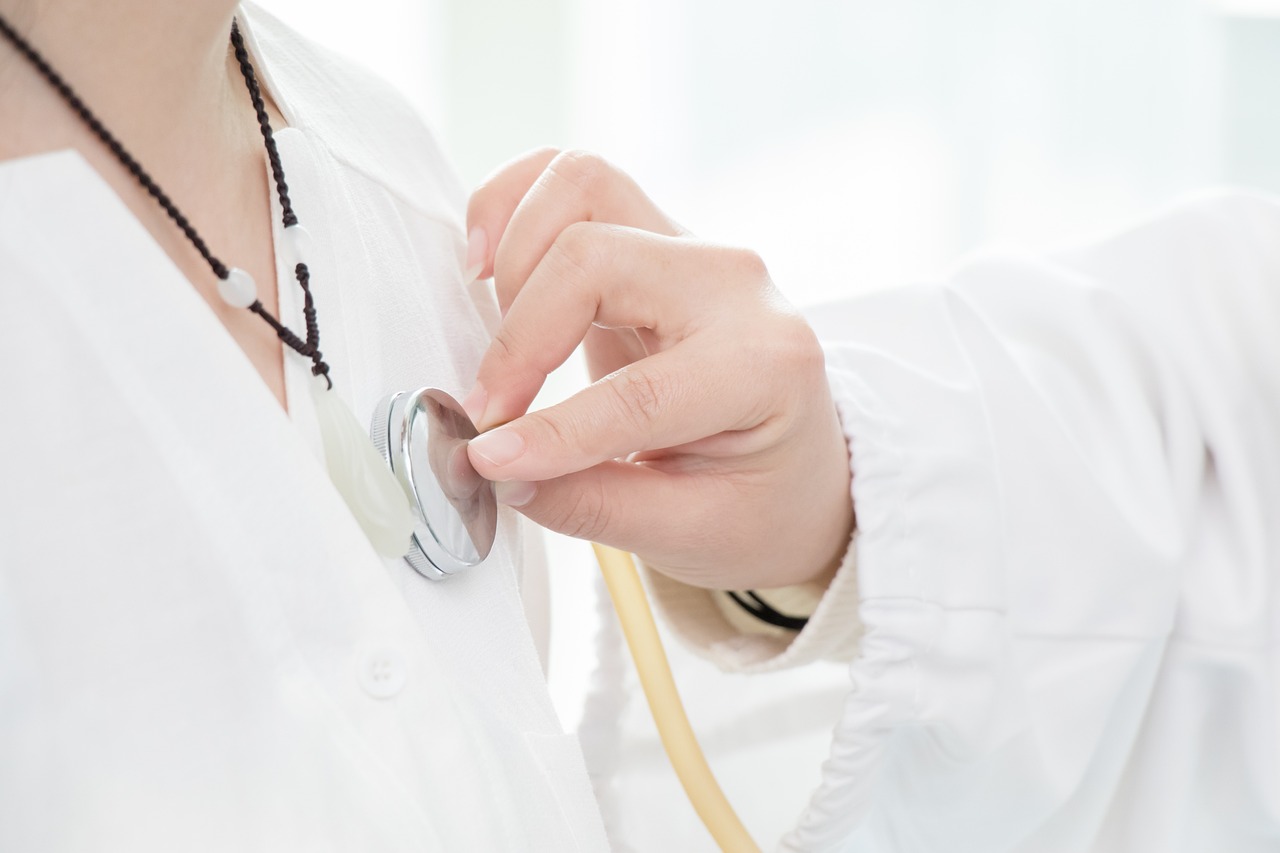People who suffer from social anxiety or feel uncomfortable with their appearance are more reluctant to give up masks. For more than two years, masks have kept them from coming into contact with others.
Social anxiety disorder, a disorder that affects approximately 15 million Americans, is an intense, persistent fear of being watched, judged, or scrutinized by others.
Without a mask, a person is more likely to see other people see physical signs of social anxiety, such as flushed skin or sweating.
A mask can make you harder to spot, especially from a distance, which provides a sense of protection for those with social anxiety or who just don’t want to bump into people.
Masks are a boon for people with body dysmorphia, a condition that affects nearly 8 million Americans and causes people to obsess over one or more flaws in their appearance.
Masks can make people insecure about their appearance and feel more invisible, and without a mask, people can feel more compelled to wear makeup or cover up blemishes that were previously covered by masks.
Masks are also a powerful protective tool for transgender people undergoing hormone therapy or surgery to change their physical characteristics.
Why shifting mask mandates are so complicated for those with social anxiety or other insecurities
Masks allow people to hide their vulnerability, but changing mask regimens during the pandemic has actually exacerbated struggles with social anxiety.
While masks may help socially anxious people feel safer and avoid fears of scrutiny and evaluation, such self-hiding is harmful in the long run because these behaviors prevent people from learning that their fears are exaggerated, Thus perpetuating anxiety.
Social anxiety results from the belief that a person’s appearance or behavior does not conform to social norms. Research shows that changes in mask-wearing norms — such as changing mask regulations — can heighten people’s fear of making mistakes and being judged negatively by others.
In areas where most people no longer wear masks, people with social anxiety face a difficult decision: remove their masks and the associated self-concealing features they provide, or continue to wear them and risk exposing themselves, thereby causing of attention.
They may feel trapped in a lose-lose situation and conclude that it is easier for them to avoid crowds and stay home entirely.
How to deal with anxiety around not wearing a mask
For many of us, adjusting to the new normal of wearing masks is a big hurdle. Even for those who have never struggled with social anxiety or insecurities about their appearance before, readjusting to not wearing one when it’s safe to do so can take some getting used to.
The experts we spoke to offered some suggestions for solving this problem.
Think about why you’re so resistant to unmasking.
When facing old or new anxieties about your appearance, it’s important to acknowledge why you’re so inclined to wear a mask.
Be honest with yourself about why you still wear a mask: to avoid contagion, or because you have social anxiety and find it difficult to shed your security blanket?
If you are not worried about getting COVID-19, there are no public health restrictions preventing you from going out without a mask, and you feel it is safe to do so, you can challenge yourself to try taking off your mask in social situations.
See how you feel, you might be surprised to find that taking off your mask can make you feel more authentic, more connected to others, happier, and less alone.
Start slow.
First try taking off your mask in a comfortable environment or with someone you feel safe with.
Maybe you could start by going maskless in a less crowded place (like a vaccinated friend’s house), or try showing your full face around people you trust and who you feel won’t judge you.
These exposures allow you to take small, confidence-building steps that can then lead to bigger leaps, like going to a party without a mask or wearing bright lipstick to draw attention to the unmasked parts of your face.
See if you can come up with a self-statement to say to yourself to help reduce anxiety when you go out without a mask.
Remind yourself that you haven’t worn a mask before and that’s okay with us. See if you have past data to challenge some fears.
If removing the mask is due to body image concerns, remind yourself you are more than your appearance.
If you use a mask to hide who you really are, try reminding yourself that your worth is based on more than just how you look.
Your body is there so you can live your life. We don’t want life to be focused on looking “perfect”, you are human and humans have skin with wrinkles, pimples and pores.Allow yourself to be human.
Work on reframing negative thoughts and distortions about yourself.
For people who are body insecure, revisiting negative thoughts about their face, weight gain, and unattractiveness can be a game changer. Instead of judging and self-censoring, have the same compassion for yourself as you would for others.
Reach out for help if you need it.
Don’t hesitate to ask your support network or professionals for help. If you seek professional help, know that cognitive behavioral therapy (also known as CBT) is a proven form of psychotherapy for social anxiety that can help people face their fears and change negative views about themselves and others.
Remember: Compassion is key.
In times of uncertainty and transition, we need to have compassion for others and ourselves.
We need to stay in touch with our feelings and be kind to ourselves, and while we don’t know what others may be going through or dealing with in their lives, we can choose to treat others with respect and kindness.



